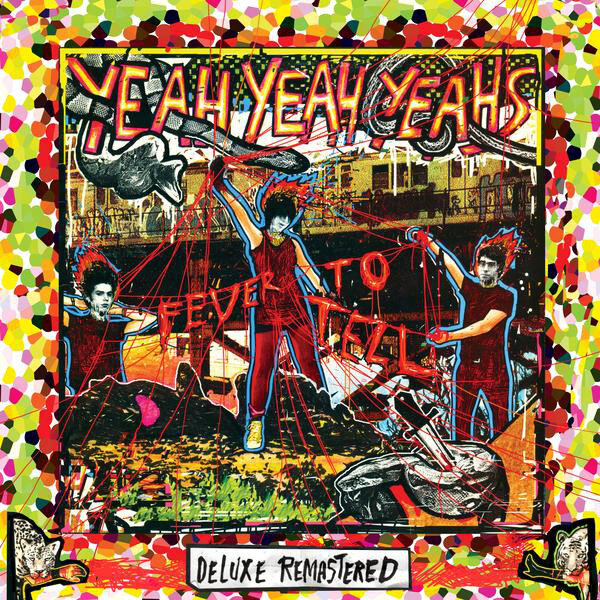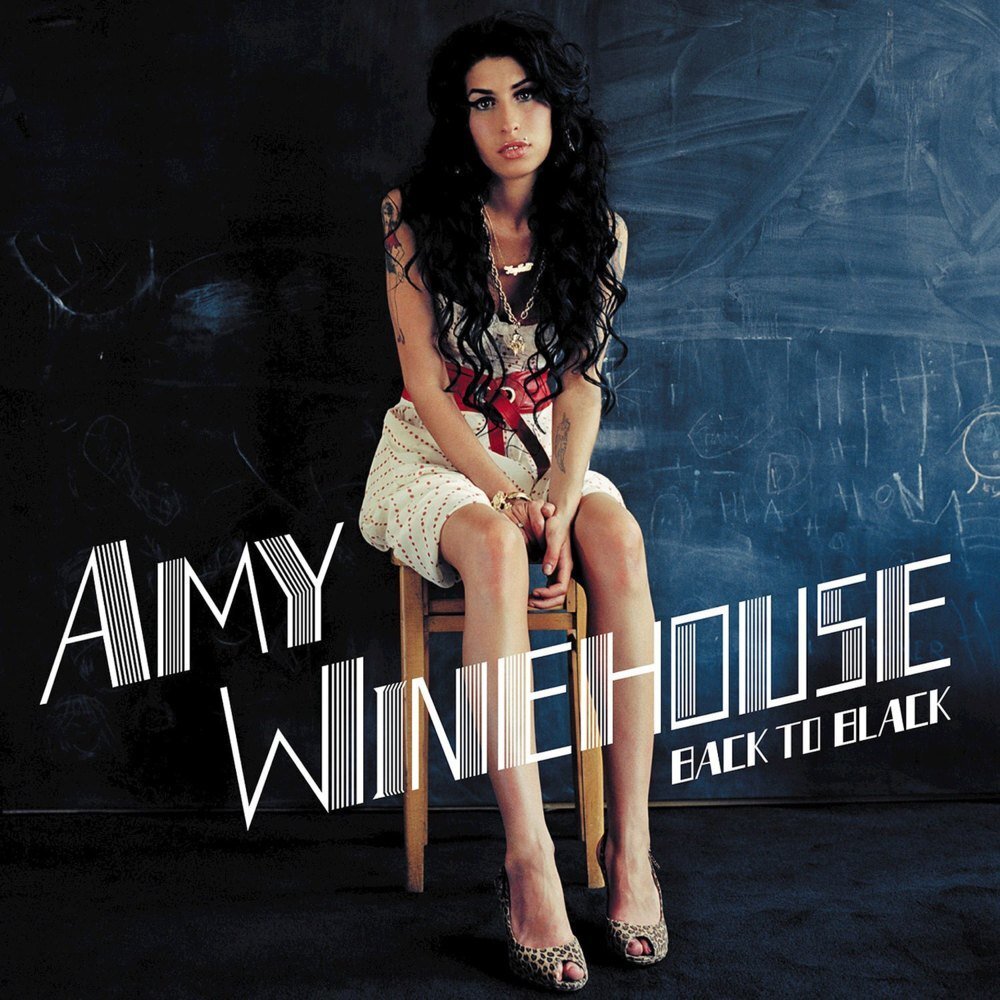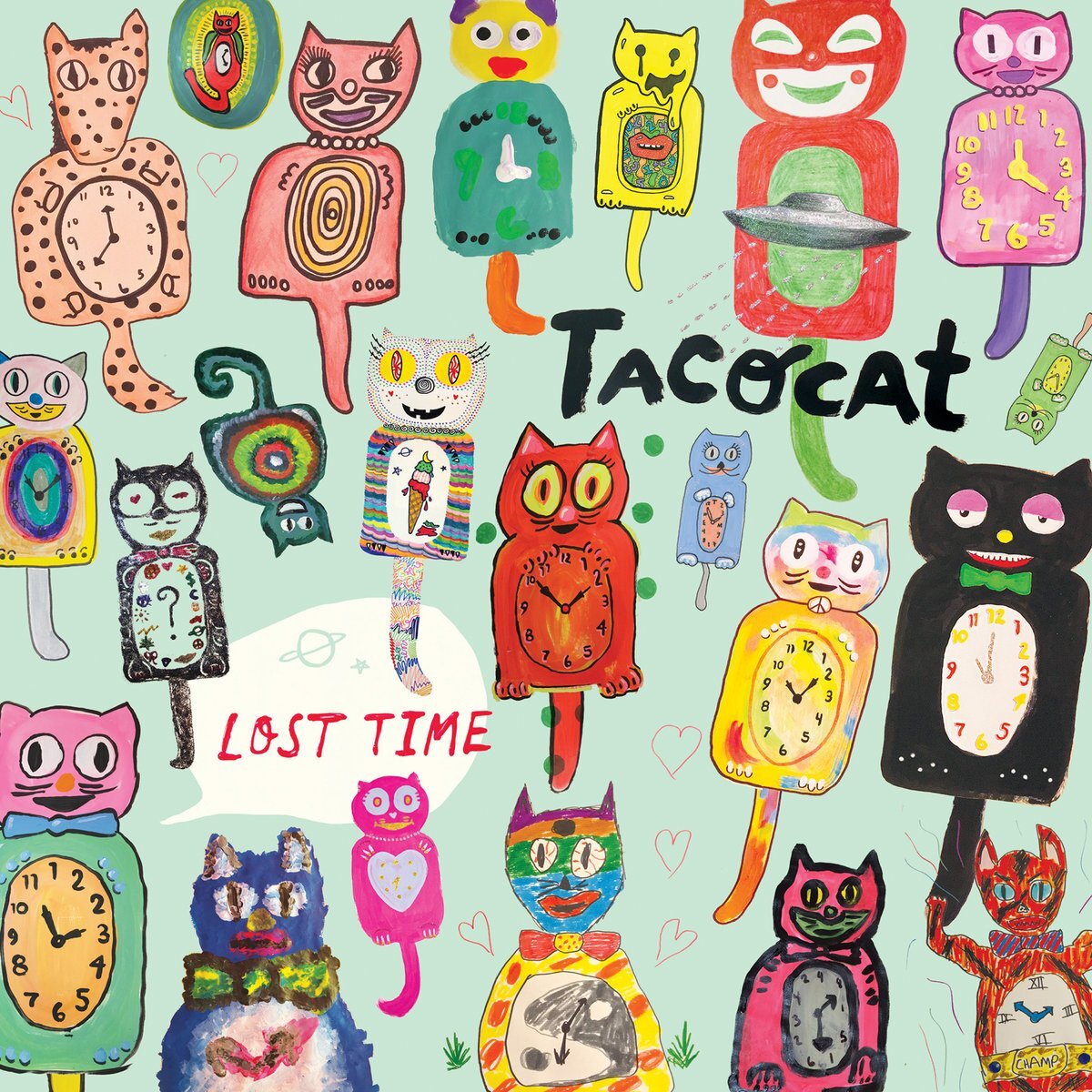Music can spark ideas for visual artists, providing a mood for editing and sequencing, or even as inspiration for bodies of work. Each month, Lindsey Eckenroth curates a playlist of music to make art to.
Lately, while doing some writing on Amy Winehouse and Lydia Lunch, I’ve been thinking a lot about gendered conceptions of madness, vulnerability, and power. Which is also to say that I’ve been thinking about the trainwreck, that fabulously excessive female star whose refusal to act like a “proper woman” is pathologized. I want to celebrate her behavior as an affront to normative gender roles, but it is often represented as madness; we wring our hands while relegating her to the status of passive, tragic victim. I’ve been thinking, too, about all the female musicians who taught me that I didn’t need to shut up, that my anger and my desires and my sadness and my ideas were not too much. “Don’t get hysterical,” they say. This is a playlist about finding the power to retort: “Don’t neutralize my excess.” Let’s dance with our hysteria.
Funk queen Betty Davis kicks things off, soulfully growling through her musical autobiography on “They Say I’m Different.” Next up is the wonderfully elusive collective SAULT, who assemble some twisty little grooves on “Don’t Waste My Time,” followed by Amy Winehouse’s resilient, Motown-sampling anthem about crying yourself to the other side of hurt, “Tears Dry on Their Own.” LA-based indie rockers Warpaint give us a minimalist “melody that will kill” on the intensely monotone “Disco//very,” Karen O of the Yeah Yeah Yeahs sing-yells us through an overdriven “Date With The Night” (“don’t tell me to fix her,” indeed), and Lydia Lunch, then of Teenage Jesus and the Jerks, yell-yells on the succinctly pissed no wave drone “Baby Doll.”
Next up, the throwback segment: Dinah Washington commands a wailing horn section on the R&B hit “Baby Get Lost,” The Carter Family sisters lament the strictures of motherhood on “Single Girl, Married Girl” (a track Marxist-feminist me would call a critique of social reproductive labor), and singer/banjo player Ola Belle Reed delivers an assurance that is timeless in the way only folk songs can be: “I’ve Endured.” Then we jump to the 90s. The avant-noise-pop band Cibo Matto offers their sardonic take on “Birthday Cake,” and Mia Zapata of The Gits leads us to nautical grunge-punk release on “Seaweed:” “Scared once before, but not anymore / As it twists and turns me away from the surface / Here’s my chance of letting it go.” Lo-fi priestess Liz Phair “Never Said” nothing, but then again, listening to the remastered Girly-Sound to Guyville set, it seems to me that she always sang everything. Heading to the 2010s, the indie post-punk outfit Priests picks up where the Carter sisters left off with “And Breeding,” Tacocat pop-bops us through breakup on “You Can’t Fire Me, I Quit,” Waxahatchee definitely can’t “Hear You” over the synth fuzz, and Fiona Apple’s alternately slinky and crashing piano on “Shameika” is submitted as proof of potential: she’s “pissed off, funny, and warm […] a good man in a storm.”
The final trio of tracks cools down but certainly doesn’t let up. Polyrhythms and gliding vocals carry us through “Lose My Fuse” by the genre-bending Muhsinah (here with Flying Lotus), followed by hauntingly expansive echoes and glitches on FKA twigs’ “mary magdalene.” Finally, we end where—for me—it began: Tori Amos’s “Silent All These Years.” From the delicately winding chromatic gesture of the opening through the expansive orchestral bridge and back again, this was the song that first got teenage me wondering: have I been here, silent all these years?
Lindsey Eckenroth is a Brooklyn-based musicologist, flutist, and lover of sounds. When she's not teaching at Brooklyn College and working at RILM, she likes thinking and writing about popular music, documentary films, music and/as affective labor, rock stardom and celebrity, and psychogeography.






